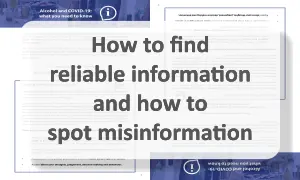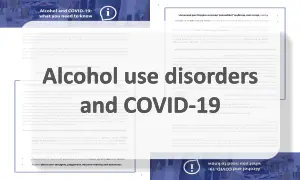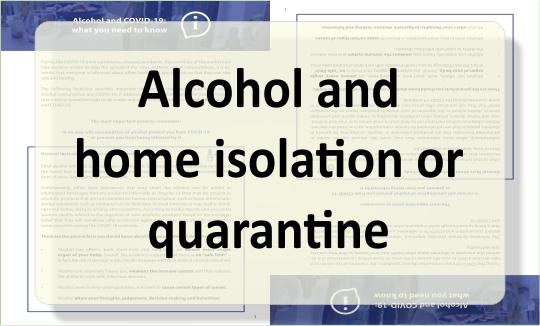Study: Hydroxychloroquine ineffective in treating coronavirus
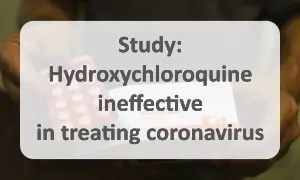
Mortality rate was higher in patients who took the drug
A new study has found that the antimalarial drug hydroxychloroquine, which has been touted as a possible cure for coronavirus, is not only ineffective in treating the disease, but may also be associated with higher mortality rates.
In early April, US President Donald Trump said the drug could make a "dramatic difference" for those infected with the coronavirus.
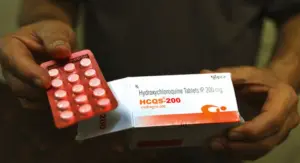
This week, however, the Veterans Affairs Department and a team of scientists presented a study based on a review of data from 381 male patients that found patients who received hydroxychloroquine alone or in combination with the antibiotic azithromycin bore the disease more severely than those who were not given the drugs. Of the study participants, 97 took hydroxychloroquine, another 113 took both hydroxychloroquine and azithromycin, and 153 took neither.
According to the study, 27 percent of patients who took hydroxychloroquine died, as did 22 percent of those who took both drugs, while those who were not given either drug had a mortality rate of 11.4 percent.
However, the results are based only on observations of patient treatment, not on a clinical trial with a random sample of patients and the use of a placebo, which is considered the scientific standard for determining drug efficacy. In addition, the study has not been evaluated by other scientists and has not been published in peer-reviewed journals.
The study involved experts from the University of Virginia, the University of South Carolina and the Veterans Administration in Columbia, South Carolina.
There is currently no cure or vaccine for the coronavirus, which has killed 178,000 people worldwide, including 45,000 in the United States. About 40 trials are underway around the world to develop a vaccine, but it could take a year or more.
How to find reliable information and how to spot misinformation
Seek trusted sources of information, such as WHO, national health authorities and your health professional. For updated information on COVID-19, check the WHO website. Always double-check the information you receive. Beware of websites and texts that use the same messages and have the same writing and overall style, as these are likely to be viral messages produced for mass distribution that are intended to mislead. Beware of false and misleading claims, particularly in relation to the effects of alcohol on health and immunity. Such claims should be categorically discounted as a source of health information as there is no evidence that drinking alcohol offers any protection against COVID-19 or has a positive effect on the course and outcomes of any infectious disease. Beware of claims made online that alcohol offers any essential benefits that you really need to have during your period of home isolation or quarantine…
Alcohol use disorders and COVID-19
Alcohol use disorders are characterized by heavy alcohol use and loss of control over alcohol intake. Although they are among the most prevalent mental disorders globally, they are also among the most stigmatized. People with an alcohol use disorder are at greater risk of COVID-19 not only because of the impact of alcohol on their health but also because they are more likely to experience homelessness or incarceration than other members of the population. It is therefore essential, under the current conditions, that people who need help because of their alcohol use get all the support they need. If you, or a person close to you, have…
Alcohol and home isolation or quarantine
To limit the spread of COVID-19, countries have progressively introduced community-wide lockdowns and periods of quarantine for those who are suspected of having contracted the virus or have been in contact with someone infected by the virus. This means that an unprecedented number of people are now staying in their homes. It is important to understand that alcohol poses risks to your health and safety and should therefore be avoided during periods of home isolation…
